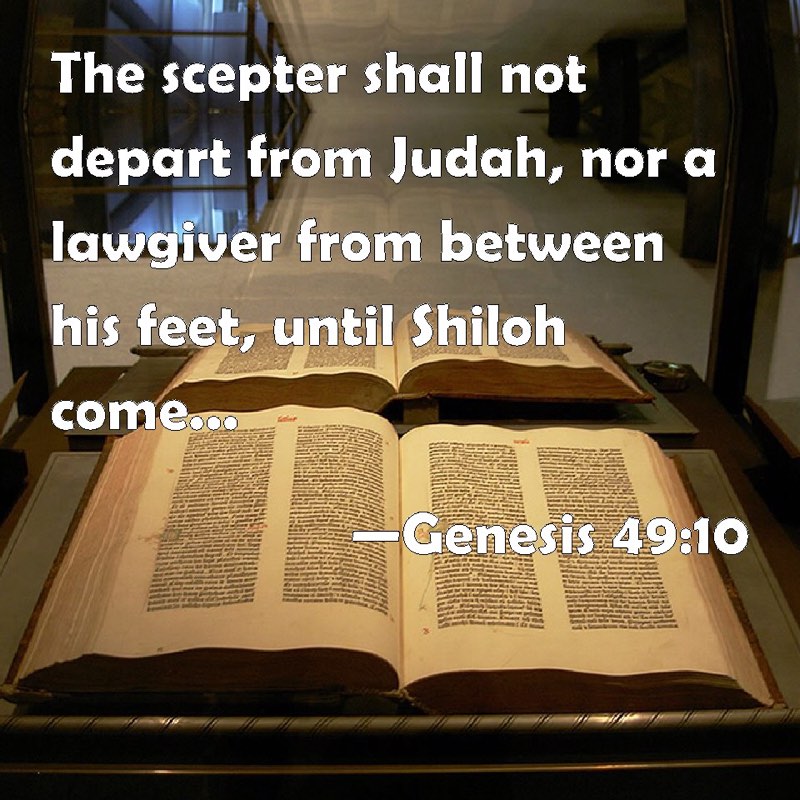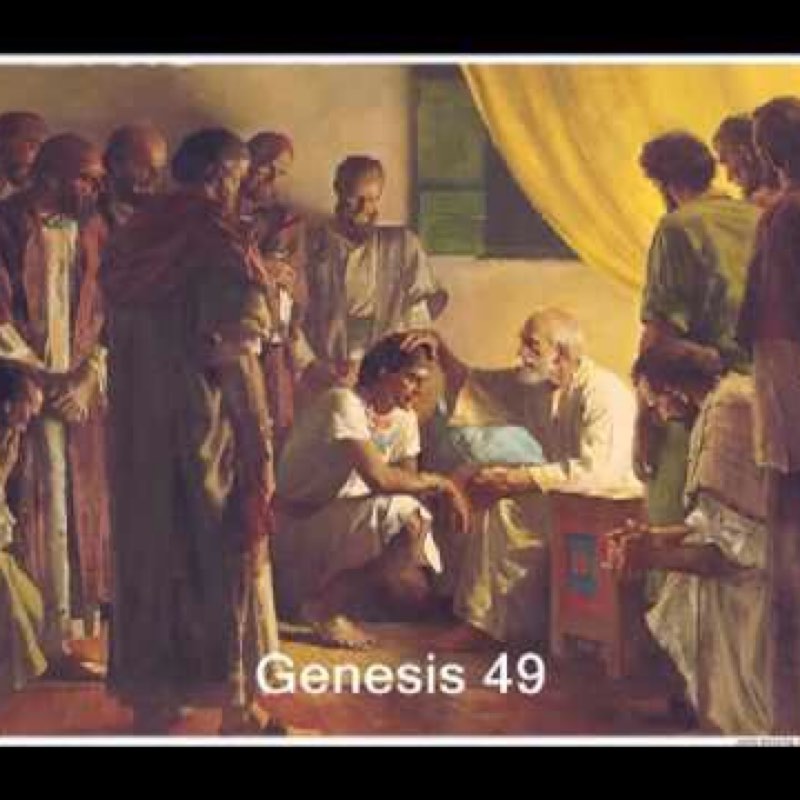Some believe that the statement "and unto him shall the gathering of the people be" in Genesis 49, verse 10, refers to the replacement of the Jewish nation by new nations, specifically pointing to the Muslim community as a whole. Muhammad is regarded as a "Shiloh". This interpretation is supported by Matthew 8, verse 12. Can you explain this interpretation further?
The verse from Genesis 49, verse 10, is part of the blessings Jacob gave to his sons before he died, where each son's blessing contained prophecies about their descendants. The verse in question is traditionally ascribed to Judah:
"The scepter shall not depart from Judah, nor a lawgiver from between his feet, until Shiloh come; and unto him shall the gathering of the people be."
"Shiloh" is a term that has been interpreted in various ways over the centuries. In Jewish interpretation, it is often understood as a reference to the Messiah from the line of Judah, who would be a ruler over Israel. Christianity interprets Jesus as this Messiah, and thus as "Shiloh."
However, some Muslim scholars interpret "Shiloh" as a prophecy of Muhammad. In this view, the verse is seen as a prediction that rulership (the scepter) and religious authority (the lawgiver) would remain with the descendants of Judah until a new prophet (Muhammad) arises, and to him, the obedience of the peoples would turn. This interpretation thus sees the Muslim community as the fulfillment of this prophecy, with Muhammad being "Shiloh," and the Muslim ummah (community) as the gathering of the people.
Matthew 8, verse 12, on the other hand, is a part of the New Testament where Jesus says:
"But the children of the kingdom shall be cast out into outer darkness: there shall be weeping and gnashing of teeth."
This verse is often interpreted in a Christian context to mean that those who were originally chosen (the Jewish people) but do not accept Jesus as the Messiah will not inherit the Kingdom of Heaven. Some Muslim interpreters might use this verse to support the idea that there is a new chosen community (the Muslims) that has replaced the old (the Jewish people) due to their acceptance of the final prophet Muhammad, as prophesied in Genesis.
It's important to note that this interpretation is not a traditional or mainstream understanding within Judaism or Christianity. Both religions typically do not see Muhammad as prophesied in their scriptures. Jewish tradition does not recognize either Jesus or Muhammad as the fulfillment of the messianic prophecies, and Christianity does not recognize Muhammad as a prophet.
However, there is the Quranic message of the Surah 2, verse 133, to the Jews and Christians:
“Or were you witnesses when death approached Jacob, and he said to his sons, “What will you worship after Me?” They said, “We will worship your God, and the God of your fathers, Abraham, Ishmael, and Isaac; One God; and to Him we submit.


